In a review of his mission over three months to the UN Security Council, Michel Kafando, Special Envoy of the Secretary –General to Burundi, says the United Nations must continue its mission of good offices, alongside the sub-region, to help Burundi come out of the crisis despite persistent problems.
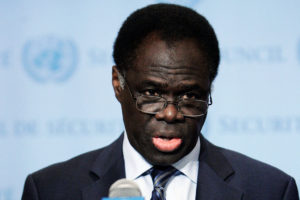
Michel Kafando: “Resolution 2303 stressed the urgency of a “genuine and inclusive” inter-Burundian dialogue”
“Ugandan President Yoweri Museveni, the mediator and his facilitator, Benjamin Mkapa, need to convene a regional mini-summit for the purpose of assessing the progress of the negotiations”, he says .
As for him, Resolution 2303 stressed the urgency of a “genuine and inclusive” inter-Burundian dialogue.
He says the dialogue must involve the Burundian opposition in exile, including the National Council for the Respect of the Arusha Agreement on Peace and Reconciliation in Burundi and the Restoration of the Rule of Law (CNARED).
However, the coalition of the opposition political parties in exile CNARED says it will not participate in the inter-Burundian talks scheduled from 26 November to 8 December in Arusha. Pancrace Cimpaye says the objective of this session will be to analyze the mechanisms to repatriate the inter-Burundian dialogue process to Burundi.
Other political parties have separately received invitations from the facilitation office to attend the upcoming sessions. Sahwanya Frodebu Party claims to have received the invitation. Léonce Ngendakumana, its deputy chairman says his party is ready to attend the sessions even if CNARED, the platform to which he belongs, will not participate. “We will always take part in meetings aimed at finding a solution to the crisis in Burundi”.
On behalf of Burundi government, Albert Nshingiro says the inter-Burundian dialogue continues normally, with fruitful consultations on both sides. He, however, says to maintain “this lively regional dynamic”, it would be desirable to avoid parallel mechanisms that would distort the “current trajectory of the dialogue. “Any attempt to gain power by unconstitutional shortcuts would be unacceptable”, he says.

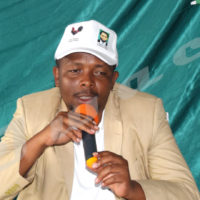
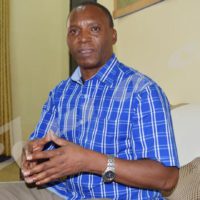
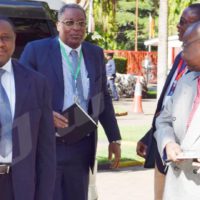
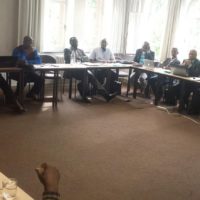
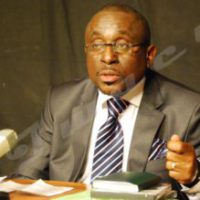













 IWACU Open Data
IWACU Open Data

